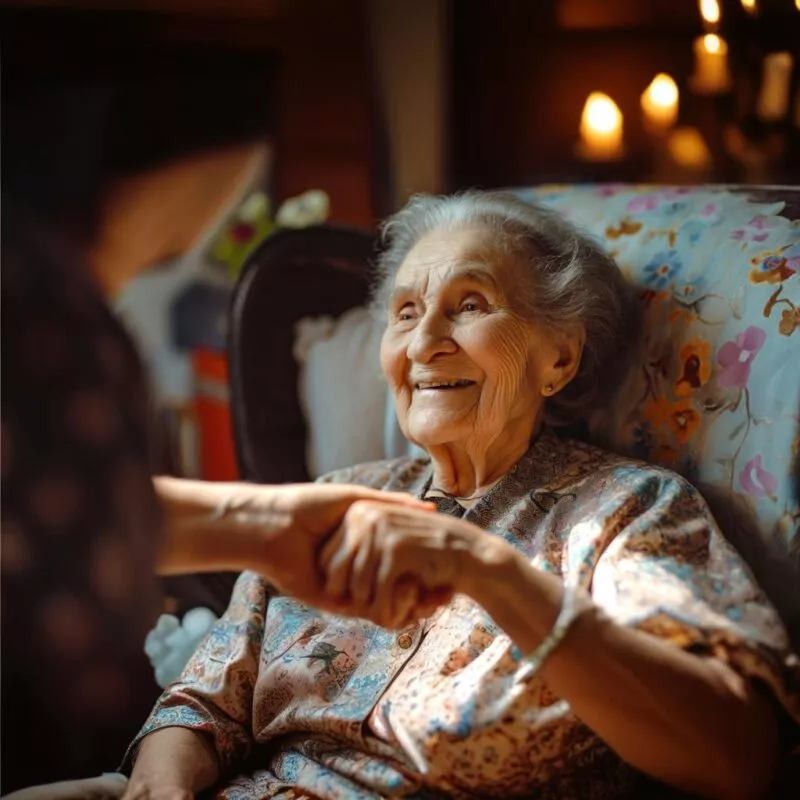Find a Bedside Aid-in-Dying Attendant

Patients who have a knowledgeable attendant, such as a nurse, doctor, doula, or volunteer, have more peaceful deaths, and their loved ones have less complicated grief.
The preparations and procedures for aid in dying can be complex and more easily managed by a knowledgeable clinician than a stressed-out but well-intentioned loved one. Well-supported loved ones who don’t have to manage medications or make clinical decisions can focus more on each other during these tender moments.
If you are planning an oral self-administration, and your hospice staff or other providers cannot attend to your aid-in-dying day, or if you feel you need further bedside support — please fill out the form below so we can connect you to an aid-in-dying skilled attendant who can be with you and your loved ones on that day.
If you need a referral to an attending/prescriber (physician or, in some states, nurse practitioner or physician assistant), please click here